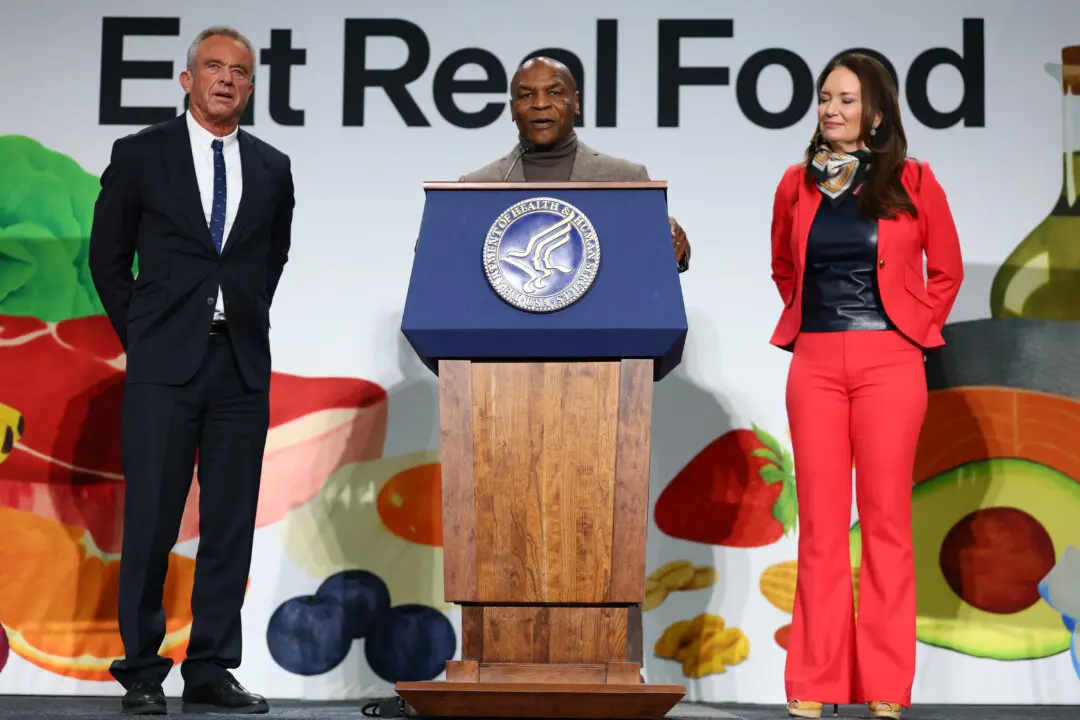Commentary
As the weather cools and people begin stacking firewood for winter, I have been thinking about how rare it is to gather around a real fire. Fewer homes are heated by woodstoves. Most outdoor recreation now happens under the glow of LED lanterns and propane burners. Even in new homes, fireplaces are often just electric screens with orange light that flickers on command.





